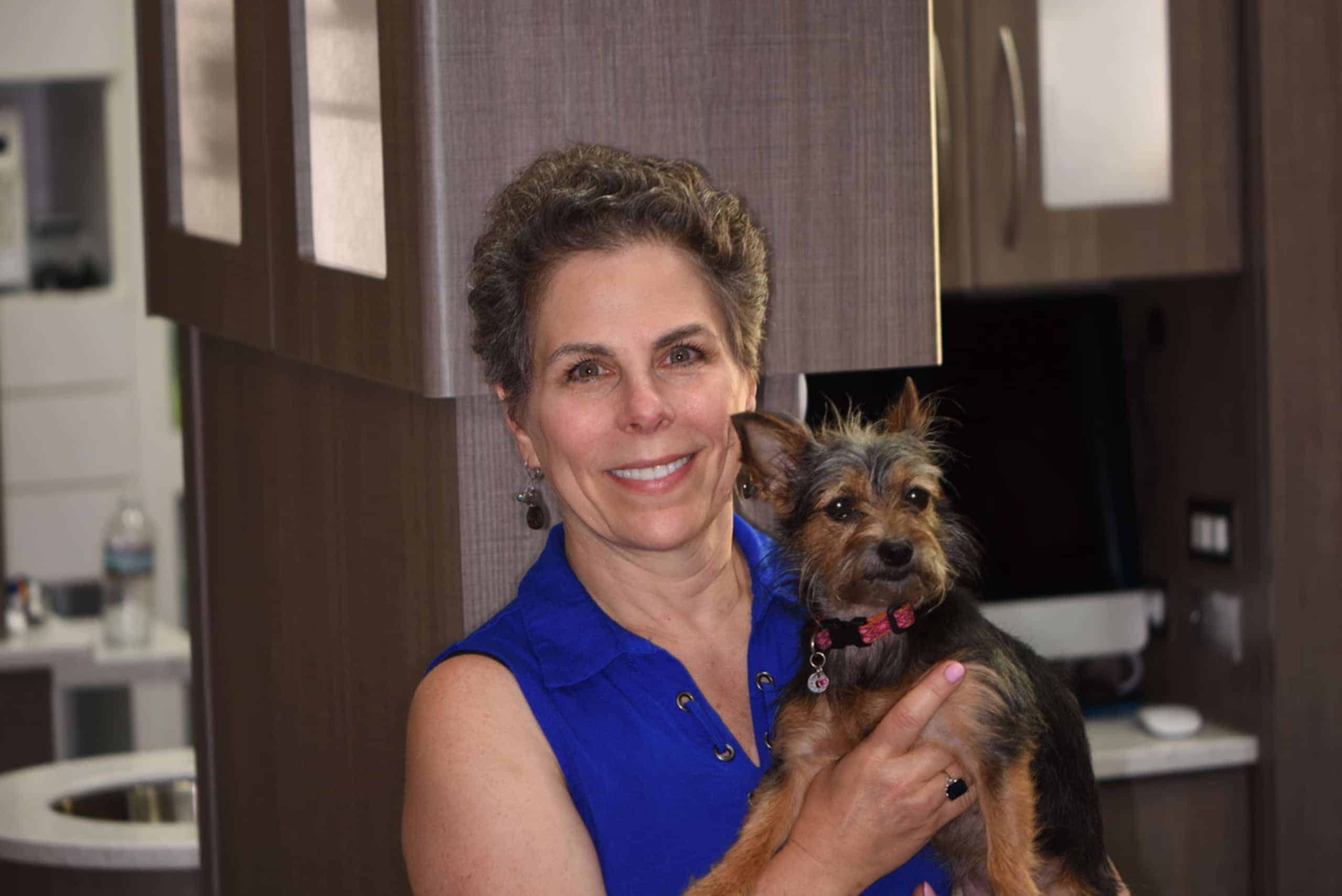A common rule in the dental world is that all patients should see the dentist at least every six months for regular checkups and cleanings. However, according to researchers at the CDC, nearly 40% of American adults haven’t been to the dentist in the past year. The truth is, preventive dental appointments can keep problems from popping up unexpectedly and reduce the need for quick, emergency dental care. But if you do experience a dental problem, how do you know if you need to see a dentist or not?
Things That Require A Dental Appointment
The environment in the mouth is ever-changing, and there are times when these changes can spark concern and have you wondering if you should schedule a dental appointment. Let’s take a look at some of the most common symptoms that should warrant a visit to your Doylestown dentist.
- Bad Breath
Temporary bouts of bad breath are bound to happen, especially if you eat something particularly fragrant such as garlic or onions. However, if bad breath lingers and doesn’t go away even after you brush your teeth, it may be a sign of something serious. Bad breath could mean gum disease, dry mouth, or even kidney problems.
- Mouth Sores
Mouth sores including ulcers can be annoying and sometimes embarrassing. Many times they are harmless and should go away on their own. However, if they don’t heal within two weeks or get worse, it’s time to see your dentist. Mouth sores that don’t heal may be a sign of oral cancer or other problems.
- Sensitivity
Tooth sensitivity can trigger shooting pains through your teeth, which is pretty uncomfortable. If you have sensitivity to hot or cold foods or drinks, especially if it’s new for you, you should see your dentist in Doylestown. This can be a sign of decay, weakened tooth enamel, or a chipped or cracked tooth.
- Bleeding or Swollen Gums
Gums shouldn’t bleed when you brush or floss your teeth. They also shouldn’t be inflamed or swollen. However, those with gum disease may experience red, painful, swollen gums. It’s important to have this checked out by your dentist as gum disease can lead to other problems throughout the body such as an increased risk of heart disease.
- Pain
Pain anywhere in or around the mouth may require a visit to the dental office. From a toothache that can make it difficult to chew to a painful jaw that hurts to open and close, pain around the mouth shouldn’t be taken lightly and is usually a sign telling you that something isn’t quite right. See your dentist quickly.
If you notice any of the signs above, schedule an appointment with your dentist in Doylestown as soon as possible to get relief.

